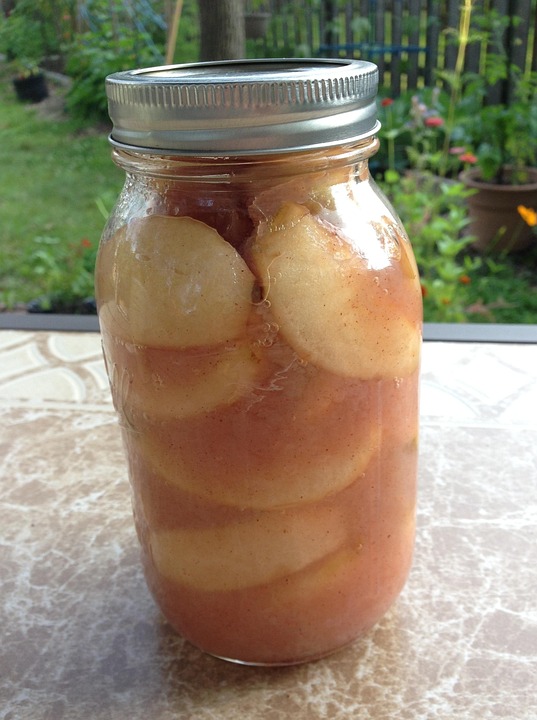Introduction
The canned fruit sector is a significant segment of the global food industry, with consumers increasingly turning to convenience and long shelf life products. Within this sector, the role of private label and supermarket brands plays a crucial role in shaping consumer preferences and market dynamics. In this report, we will delve into the specific impact of private label and supermarket brands in the canned fruit sector, exploring their market share, growth trends, and competitive strategies.
Market Overview
The global canned fruit market is projected to reach a value of $10.5 billion by 2025, with a compound annual growth rate (CAGR) of 3.2% from 2020 to 2025. The increasing demand for convenient and ready-to-eat products, coupled with the growing awareness of health benefits associated with fruit consumption, is driving the growth of this market.
Market Segmentation
The canned fruit market can be segmented based on fruit type, packaging type, distribution channel, and region. Popular fruit types include peaches, pears, pineapples, and mixed fruits. Packaging types range from cans to jars and pouches. Distribution channels include supermarkets/hypermarkets, convenience stores, online retailers, and others.
Key Players
Some of the key players in the global canned fruit market include Del Monte Foods, Dole Food Company, Seneca Foods Corporation, and Conagra Brands. These companies offer a wide range of canned fruit products under their respective brands, catering to diverse consumer preferences and tastes.
Role of Private Label Brands
Private label brands, also known as store brands or own brands, are products manufactured by a third-party supplier and sold under the retailer’s brand name. In the canned fruit sector, private label brands play a significant role in offering consumers affordable alternatives to national brands. According to a report by Nielsen, private label brands account for approximately 20% of total canned fruit sales in the U.S.
Market Share
Private label brands have steadily gained market share in the canned fruit sector, driven by factors such as competitive pricing, quality assurance, and innovative product offerings. In some markets, private label brands have captured up to 30% of the canned fruit market share, posing a competitive challenge to national brands.
Growth Strategies
Retailers are increasingly investing in the development and promotion of their private label canned fruit products to differentiate themselves from competitors and attract price-conscious consumers. By focusing on product quality, packaging innovation, and marketing campaigns, retailers can enhance the appeal of their private label brands and drive sales growth.
Role of Supermarket Brands
Supermarket brands, also known as retailer brands or store brands, are products developed and marketed by retailers under their own brand name. In the canned fruit sector, supermarket brands play a crucial role in enhancing customer loyalty, increasing store traffic, and maximizing profit margins.
Market Dynamics
Supermarket brands have a strong presence in the canned fruit sector, offering a wide range of products at competitive prices. By leveraging their extensive distribution network and brand recognition, supermarket brands can effectively compete with national brands and private label products.
Consumer Perception
Consumers perceive supermarket brands as offering good value for money, quality assurance, and a wide selection of products. According to a survey conducted by IRI, supermarket brands account for approximately 25% of total canned fruit sales in Europe, reflecting their popularity among consumers.
Conclusion
In conclusion, the role of private label and supermarket brands in the canned fruit sector is instrumental in shaping market dynamics, driving consumer preferences, and fostering competition. As consumers continue to seek convenience, affordability, and quality in their food choices, private label and supermarket brands will play a pivotal role in meeting these evolving needs. By understanding the market trends, growth opportunities, and competitive strategies of private label and supermarket brands, stakeholders can position themselves for success in the dynamic canned fruit market.




